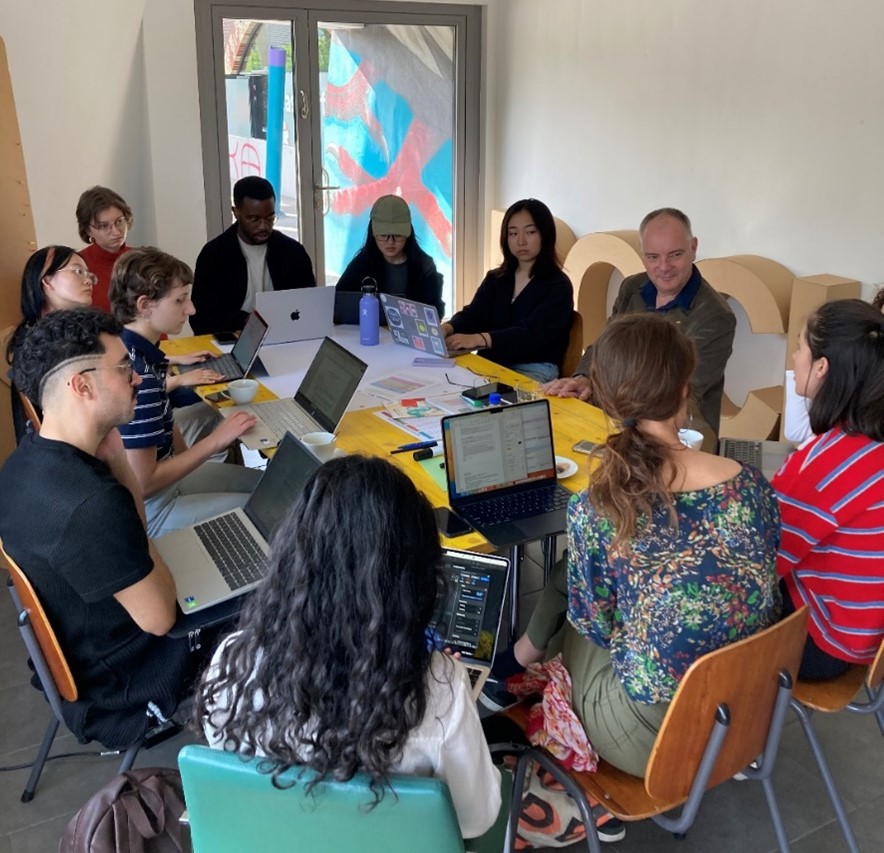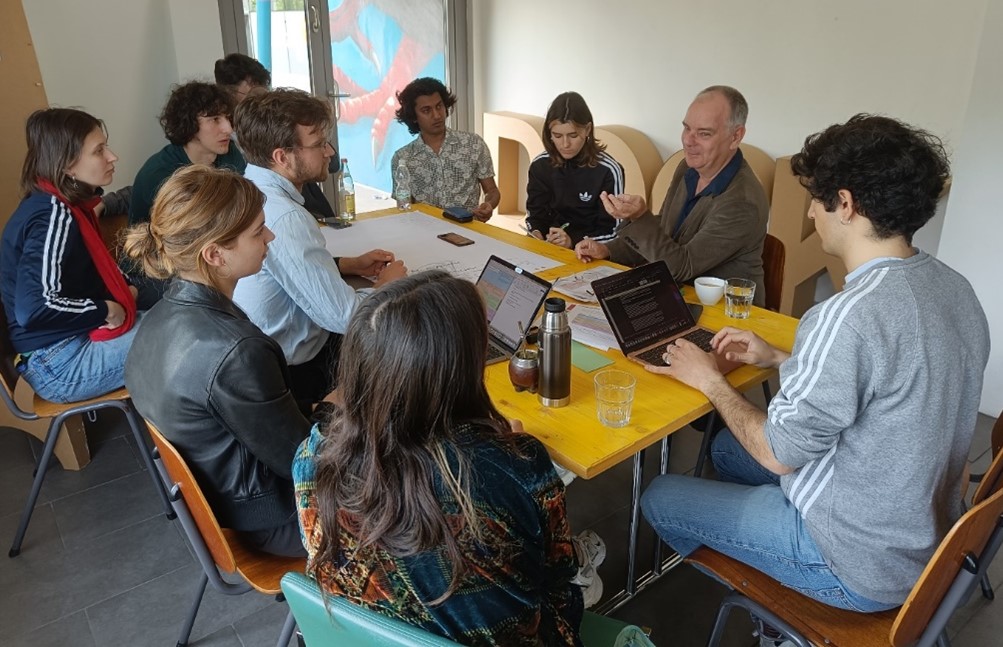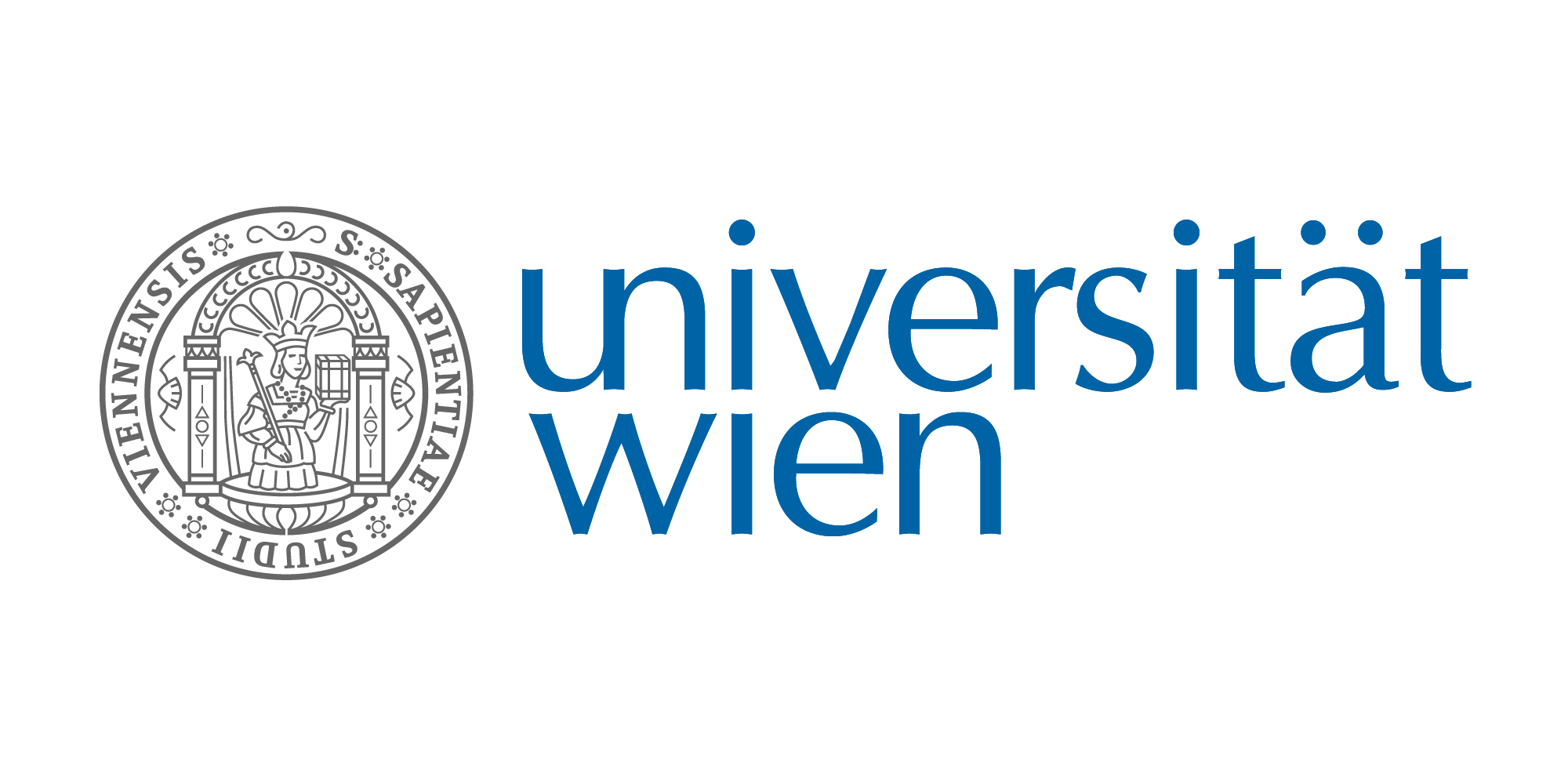Inclusive Participatory Processes
Emphasizing a holistic approach, in line with Vienna’s Smart City strategy’s principles, quality of living, social inclusion, innovation, CO2 reduction, resource protection, climate adaptation, and green infrastructure are part of the development of indicators for sustainable urban development. With a focus on district-level interventions like housing refurbishment and alternative energy sources, comprehensive assessment of progress has been undertaken
Regarding the creation of indicators for sustainable urban development, participation in sustainable urban development must be considered not as a one-time event, but as a continuous process of engagement and adaptation. The importance of ethical research methods and equipping oneself background knowledge and contextual details was also stressed, as such is vital for effective participation processes. Such ethically minded perspectives are also an important aspect of the data collection process, as the data collection must make sense to become meaningful indicators. Therefore, indicators are not always the first thought, but instead, they arise naturally through interactions with local stakeholders.
In terms of framework implementation and the assessment of indicators, measuring sustainability, especially, ‘social’ aspects, is difficult. Therefore, statistical, and observational methods, must be combined and complimented with those that provide space for the voices of urban actors and stakeholders. Accordingly, this illustrates that knowledge management, and mixed-method approaches are vital for balancing qualitative and quantitative data sources and maximizing the inclusivity of assessments and ensure “the other” is not ostracized”.
Written by Carlotta Lily Robson & Yannic Walther
Summer semester 2024






